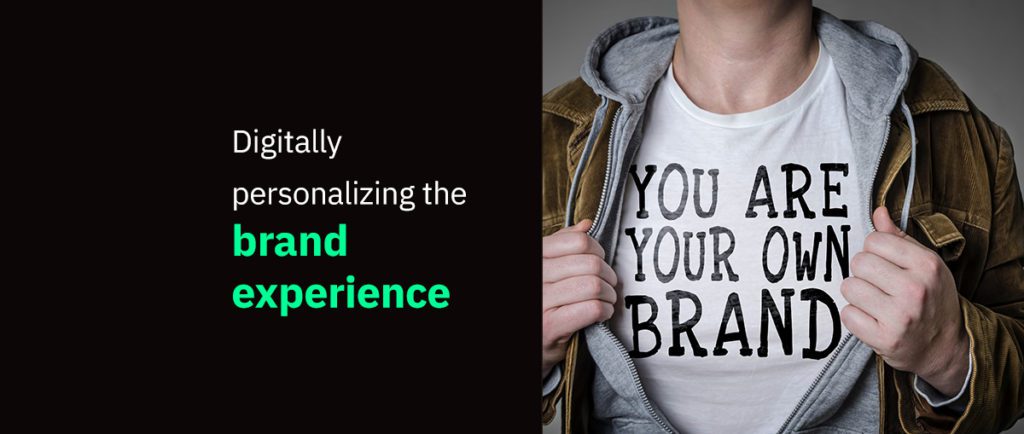
Consumers and organizations alike are discovering products and services through digital channels more significantly than ever before. They are introduced to the company and its consequences, make online purchases, receive online support, and make additional after-sale purchases via digital channels.
However, far too few businesses have properly reconfigured themselves to react to these digital-first clients. Their marketing departments aren’t set up nearly enough to provide consistently good, authentic, and digitally tailored brand experiences before and after they become customers while maintaining privacy.
Also Read: Why has Digital Transformation Become a Necessary Disruption?
This is a wasted opportunity. Personalizing communications for client journeys throughout the brand experience has resulted in considerable benefits for the 4% of the 516 marketing businesses we studied. Their marketing is significantly more effective, with a higher likelihood of generating income and maintaining loyal customers.
Here are five essential characteristics that marketers use digital technology to emotionally appeal to—rather than satisfy—customers through the brand experience journey.
Integrated systems that collect data on consumer interactions in all four stages of the brand experience (in marketing, sales, support, finance, and so on).
Also Read: Digital Transformation for Business Agility
This is a common problem amongst followers. According to a top marketing executive at an insurance company, his team does not have access to the client database maintained by the sales department. Instead, they get spreadsheets from sales that tell them who they should target with new promotions, but these take months to arrive.
The potential to provide prospects and consumers with digitally tailored and critical information throughout their brand experience with the organization.
To these expert marketers, providing valuable information to customers at each of the four stages is considerably more crucial than offering special deals and pricing. In all four stages, a much higher percentage of top digital marketers claimed relevant product/service information than a promotional message. In each of the four stages, the entire survey population perceived these two forms of data as equally essential.
Also Read: Digital Business Skills That Are In Vogue
Customer loyalty programs.
Elite marketers have them in 78 percent of cases, compared to 54 percent of leaders and 45 percent of all respondents. However, not all loyalty schemes are successful. They are most effective when they go beyond simply awarding points for future purchases and extend customer incentives through third-party partners. Australian retailer Woolworths has partnered with Qantas, amusement parks, and other businesses as part of its reward program. This has improved employee retention and satisfaction. In order to be relevant to the company’s clients, loyalty programs must be personalized. Customers who do not go overseas should not receive offers for international travel.
Also Read: Launching MBA Digital Business
Huge amount of marketing automation
The top marketers have automated considerably more of their marketing processes than the rest of the sample. Compared to 51 percent for all polls, 60 percent of their marketing-tech infrastructure is already cloud-based, which is a vital necessity for automation. About 80 percent of all respondents will be cloud-based soon, compared to the 70 percent today. Artificial intelligence (AI), machine learning (ML), and extensive data/analytics skills are valued by a higher percentage of elite marketers (83%) for marketing today and in the future. By automating a vast amount of marketing operations, marketers can devote more time to creative endeavors like coming up with new campaign ideas, improving messages, and so on.
Also Read: 5 Marketing Tools That Every New Business Must Have
Making use of agile campaign teams.
Marketing has been one of the early adopters of agile, project-based teams outside of IT. Agile marketing is used by 87 percent of the elite marketers we questioned, compared to 64 percent of all respondents. About half of the agile teams of expert marketers discuss making changes to live marketing campaigns at least once a day, compared to only 31% of all respondents.
Admissions are open
You can download the application form with this form

